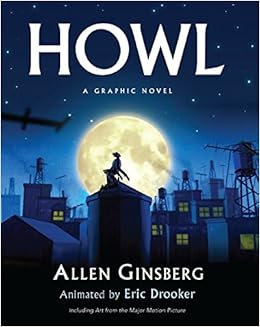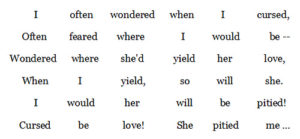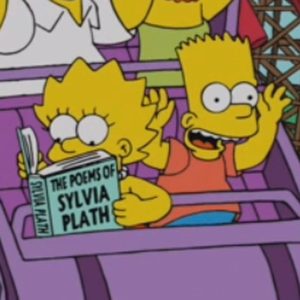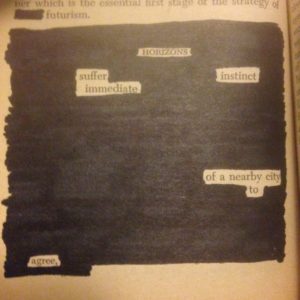So again back to when I thought I really wanted to be a teacher. I was looking up ways to really get kinds interested in poets they had never heard of before or introduce them to kinds of poetry they had never thought of before. So I found this graphic novel version of Howl by Allen Ginsberg. I never ended up buying it but I think I would still like to. You can see a mini preview of it on Amazon.

http://www.amazon.com/Howl-Graphic-Novel-Allen-Ginsberg/dp/0062015176
I looked through some of the pages that you can preview and I was thoroughly impressed. I think that the images were striking but also helped guide the reader into the focused solitude that is required to read a poem. I think maybe graphic novels are a wonderful way to make texts like Howl more, and I’m sorry, accessible to kids who have never read or were never planning to read a text like this. I know that my English book in high school had complimentary art that was themed similarly to the texts and that really helped some kids to get into the mindset, mood, and tone of the poem. Do you think that this could be a way to do that? I think that texts considered as complicated as Howl could maybe be digested more easily by a high school student. There are definitely themes and lessons that can be learned from it and maybe excerpts of the text can be part of a curriculum.



